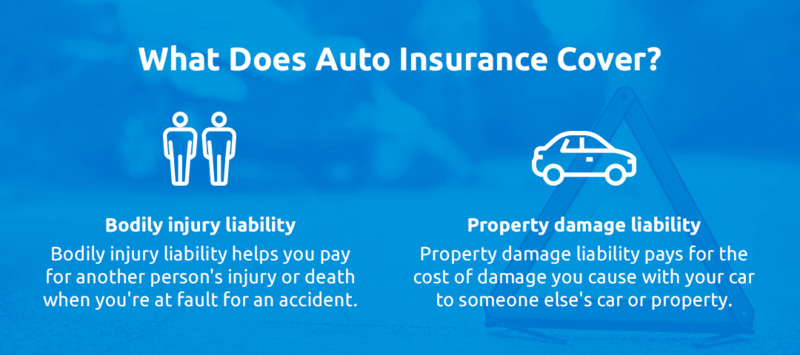Auto insurance is an essential part of owning and driving a car. Not only does it provide financial protection, but in most places, it’s legally required. However, over time, your premiums may creep up, and what once seemed like a fair rate could become unnecessarily expensive.
Shop auto insurance regularly is a smart way to ensure you’re getting the best value. This guide will walk you through everything you need to know about auto insurance, why you should shop for it, and how to make informed decisions.
Why You Should Shop Auto Insurance
Many drivers stick with the same insurance company for years, assuming loyalty will pay off in lower rates or better service. Unfortunately, that’s not always the case. Rates can increase due to changes in the market, inflation, or adjustments to company policies. By shopping around, you can:

-
Save Money: Different insurance companies calculate premiums differently, leading to significant price variations for the same coverage. Comparing quotes can help you find a better deal.
-
Ensure Competitive Coverage: When you compare policies, you can explore additional perks like roadside assistance or accident forgiveness that might be missing from your current plan.
-
Adapt to Life Changes: If you’ve recently moved, purchased a new car, or improved your credit score, shopping for auto insurance can reflect those changes and potentially lower your rates.
-
Avoid Overpaying: Insurance companies sometimes raise premiums gradually, relying on customer complacency. Shopping for new quotes keeps your provider honest and ensures you’re not overcharged.
What Does Auto Insurance Cover?
Auto insurance is designed to protect you financially in the event of accidents, theft, or other mishaps. Here are the key types of coverage most policies offer:

-
Liability Coverage: This is typically required by law and covers damages to others (both property and injuries) if you’re at fault in an accident.
-
Collision Coverage: Pays for damages to your car resulting from a collision, regardless of fault.
-
Comprehensive Coverage: Covers non-collision-related damages, such as theft, vandalism, or natural disasters.
-
Uninsured/Underinsured Motorist Coverage: Protects you if you’re hit by a driver who doesn’t have sufficient insurance.
-
Personal Injury Protection (PIP): Covers medical expenses for you and your passengers, regardless of fault.
When shopping for insurance, it’s crucial to evaluate your needs and ensure you have adequate coverage. For instance, if you drive an older car, you might decide that full coverage isn’t cost-effective.
When to Shop Auto Insurance
Many drivers wonder how often they should shop for auto insurance. The answer depends on your circumstances, but here are some key times to compare quotes:
-
Annually: Shopping for auto insurance once a year ensures you’re staying competitive and not missing out on better rates.
-
After Major Life Changes: Events like moving to a new area, getting married, or adding a teen driver to your policy can affect your premiums. Shopping for quotes during these changes helps you adjust your coverage and costs.
-
When Your Policy Renews: Insurance companies often adjust rates at renewal. Use this opportunity to compare quotes and potentially switch providers.
-
After Improving Your Credit Score: In many states, insurers use credit scores to determine premiums. A better score can mean lower rates.
-
Following an Accident or Violation: If your driving record improves after a previous incident, you may find better rates elsewhere.
How Are Auto Insurance Rates Determined?
Insurance companies use a variety of factors to calculate your premiums. While some variables are beyond your control, understanding them can help you make adjustments where possible:

-
Your Driving Record: A clean record generally leads to lower rates, while accidents or traffic violations can increase premiums.
-
Your Age: Younger drivers, especially teens, tend to pay higher rates due to their inexperience. Rates often decrease as you age and gain more driving experience.
-
Your Vehicle: The make, model, and year of your car influence your premium. Newer or luxury vehicles may cost more to insure because of higher repair or replacement costs.
-
Your Location: Where you live impacts your rates. Urban areas with higher traffic density and crime rates often have higher premiums compared to rural regions.
-
Your Credit Score: In most states, a good credit score can result in lower premiums, as insurers view it as an indicator of financial responsibility.
-
Your Coverage Levels: The more coverage you have (and the lower your deductible), the higher your premium will be.
Since each insurance company weighs these factors differently, shopping around allows you to find a provider that offers the best rates for your unique situation.
Conclusion
Shop auto insurance is an important step to ensure you’re getting the best coverage at the most competitive rate. By understanding your coverage needs, regularly comparing quotes, and knowing the factors that influence premiums, you can make informed decisions that save you money.
Remember, the process doesn’t have to be overwhelming—comparison tools and agents can simplify it for you.
